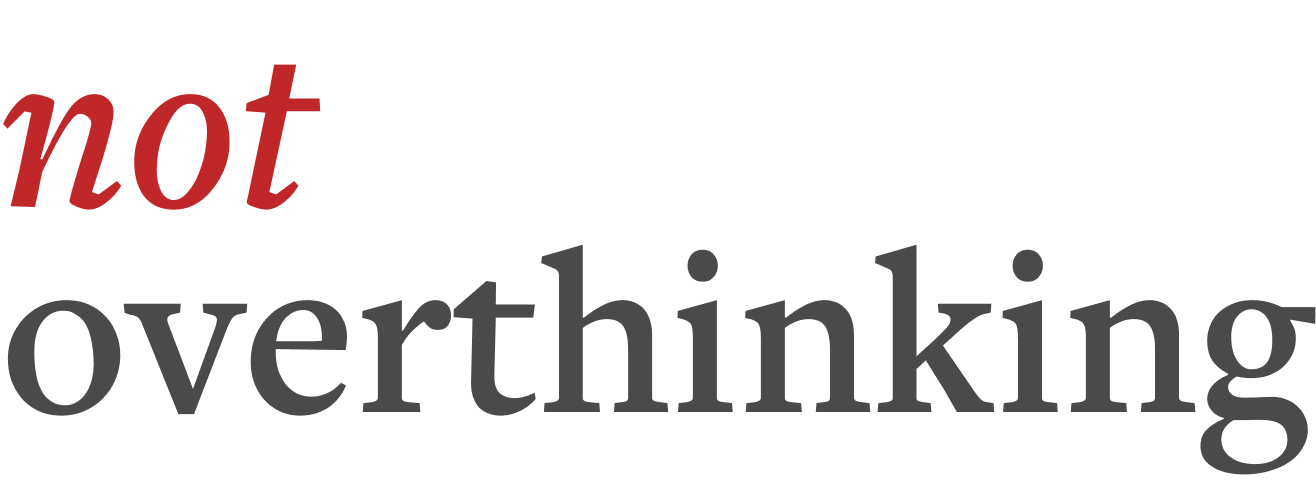Emotional Rollercoasters

In this episode, we explore some emotional rollercoasters we've both been on - Ali with regards to his book and reading mean comments online, and Taimur with regards to his startup and their narrative journey.
Here are some of the highlights from our discussion before we moved onto a discussion into threads about Ali:
Distilling your idea into a crisp narrative with a crisp vision is difficult. Getting to a simple explanation is often one of the hardest parts when defining exactly what your purpose is and what you do.
The purpose of trying to express a complex project in a very simple way is not just so that others can understand what you’re trying to do, it’s to get clarity for yourself. We often get swept up in our own work that we lose the simple narrative and purpose that underpins the whole endeavour. Therefore, simplifying our purpose, whether personal or professional, is a vital exercise to help us move forward and overcome a narrative debt.
Kevin Kwok puts it this way in reference to companies:
Very few companies come out of the womb with crisp atomic concepts. The nature of building a company is messy and complicated. Critics are right to say that many analyses over-simplify and give post hoc explanations of how to think about companies (yours truly included). But the process of examining that complexity and finding the most lossless ways to dimensionality reduce is not the province of armchair analysts. It’s essential for founders and companies themselves to regularly do this refactoring. Just as companies build up technical debt, so too do they build up narrative debt. Typically fundraising is a natural fitness function for doing this refactoring. For top companies this is increasingly no longer true—but the importance of this clean up has not shrunk. Whether for the sake of their users and employees—or so they can expand into becoming more complex platforms—companies must grapple with who they truly are, before they can go after who they want to be.
Eras of civilisation have seen different technologies of leverage that enables the most ambitious to people to have the biggest impact. Writing was perhaps the first example of this as people could distribute their ideas via writing. In the current era, computers and digital tech is the ‘technology’ of leverage and so the most impactful people are starting tech companies to have the most impact on the world.
Links
Sponsored by Brilliant
This episode is kindly supported by Brilliant, the best way to learn maths, science, and computer science online. Brilliant focuses on helping you learn how to think, rather than just memorising methods and facts. Sign up at https://brilliant.org/notoverthinking — the first 100 people get 20% off an annual subscription.
Become a Not Overthinker
We've got a fun little members-only community where we have a private Slack channel, and host weekly (ish) Zoom hangouts. Click here if you fancy joining.
Leave us a Review
If you enjoy listening to the podcast, we'd love for you to leave us a review on iTunes / Apple Podcasts. Here's a link that works even if you're not on an iPhone :)
Send us an Audio Message
We really want to include more listener comments and questions in our episodes. If you've got any thoughts on this episode, or if you've got a conundrum or question you'd like us to discuss, send an audio file / voice note to [email protected].
- For any non-audio comments, please comment on our YouTube channel.
- Alternatively, feel free to drop us a tweet or DM on Twitter - https://twitter.com/noverthinking.



